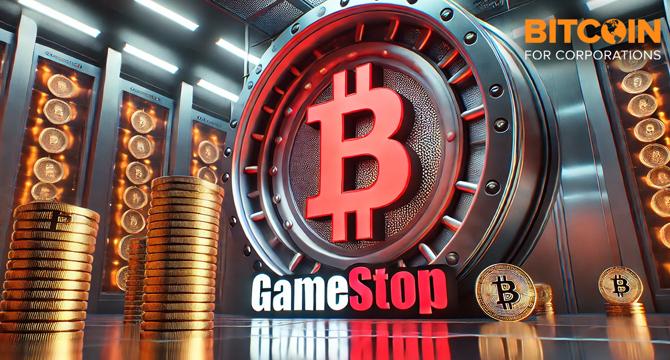Bitcoinmagazine
3w
172

Image Credit: Bitcoinmagazine
GameStop’s Bitcoin Move Looks Bold—But It Might Be Brilliant
- GameStop updated its investment policy to include Bitcoin as a treasury reserve asset, reflecting a strategic shift in corporate treasury strategy.
- This move indicates a recognition of the need for idle cash on balance sheets to be utilized effectively and for new asset classes to gain legitimacy.
- The decision to allocate to Bitcoin is seen as highly strategic and relevant in the current macroeconomic landscape.
- Bitcoin's key attributes, such as fixed supply, global liquidity, and resilience to monetary intervention, make it an attractive option for preserving capital over the long term.
- The recent change in accounting standards allows companies to measure Bitcoin at fair market value transparently, encouraging responsible treasury management.
- GameStop was considered a natural fit for Bitcoin allocation due to its high liquidity, resilient investor base, and cultural alignment with digital assets.
- The move by GameStop represents a broader shift in how companies approach treasury reserve management, with Bitcoin offering an alternative to traditional instruments in combating inflation and currency devaluation.
- Despite Bitcoin not being a one-size-fits-all solution, its auditability and institutional viability make it a prudent consideration for forward-thinking CFOs.
- GameStop's subtle policy update serves as a quiet but significant signal to the market about the importance of protecting excess capital and seeking asymmetric upside potential.
- The exploration of Bitcoin by companies like GameStop signifies a step towards preparing for future financial landscapes, backed by evolving accounting standards and macroeconomic conditions.
Read Full Article
10 Likes
For uninterrupted reading, download the app